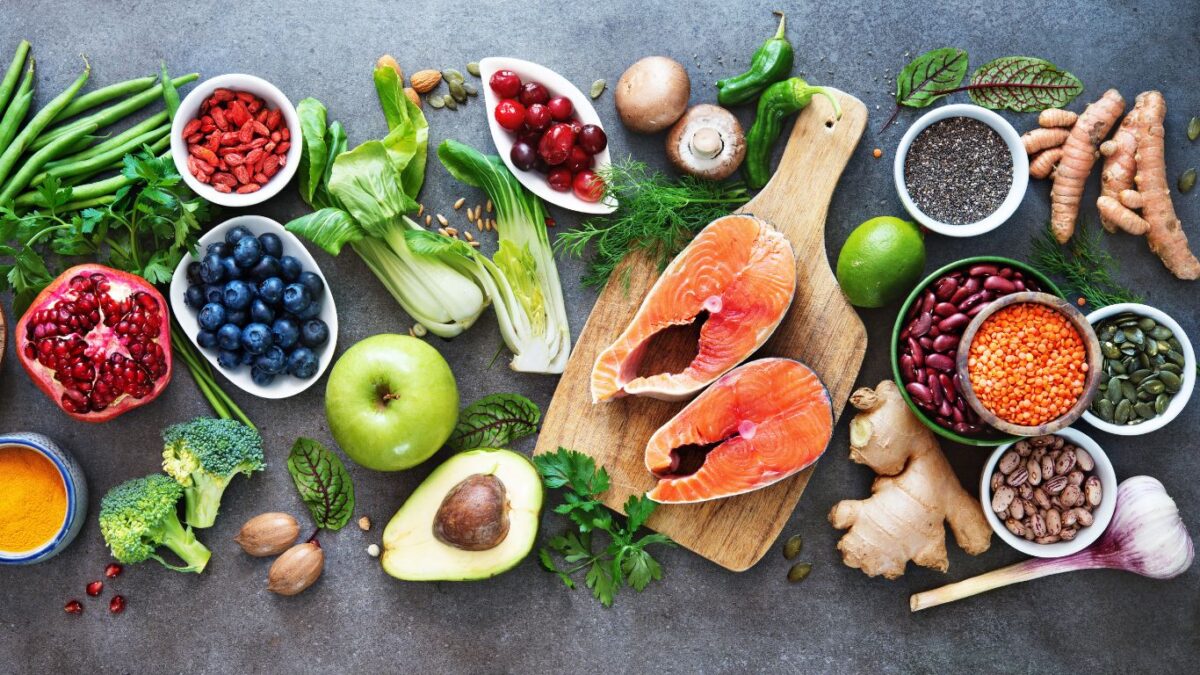10 Energy Foods to Beat Fatigue During Menopause

Fatigue is a prominent symptom many experience during menopause, often so intense that even after ample rest, one may still feel overwhelmingly tired. Thankfully, there are specific foods known to boost energy and counteract this fatigue effectively.
Why Does Menopause Cause Fatigue?
The primary reason for fatigue during menopause is the fluctuation of hormones, especially estrogen, which plays a pivotal role in regulating energy. Additionally, other symptoms like night sweats and hot flashes can disrupt sleep patterns, leading to a feeling of constant tiredness.
Top Energy-Boosting Foods for Menopausal Women
Here are the top 10 energy boosting foods that beat fatigue during menopause:
- Whole grains. Whole grains provide fiber, which can help keep you feeling full and energized. Good sources of whole grains include oatmeal, brown rice, quinoa, and whole-wheat bread.
- Fruits and vegetables. Fruits and vegetables are packed with vitamins, minerals, and antioxidants, all of which can help boost energy levels. Some good choices include bananas, berries, leafy greens, and citrus fruits.
- Lean protein. Lean protein provides the body with essential amino acids, which are used to build and repair tissues. Good sources of lean protein include chicken, fish, beans, and tofu.
- Healthy fats. Healthy fats, such as those found in avocados, nuts, and seeds, can help keep you feeling full and satisfied. They also provide the body with essential fatty acids, which are important for brain function and energy production.
- Water. Staying hydrated is essential for overall health and energy levels. Aim to drink eight glasses of water per day.
- Iron-rich foods. Iron deficiency is a common problem in women during menopause. Iron is important for carrying oxygen to the cells, which can help improve energy levels. Good sources of iron include red meat, poultry, beans, and dark leafy greens.
- Magnesium-rich foods. Magnesium is a mineral that plays a role in energy production and muscle function. Good sources of magnesium include nuts, seeds, whole grains, and leafy greens.
- B vitamins. B vitamins are essential for energy production. Good sources of B vitamins include whole grains, fruits, vegetables, and lean protein.
- Omega-3 fatty acids. Omega-3 fatty acids are found in fish, flaxseed, and walnuts. They can help reduce inflammation, which can contribute to fatigue.
- Probiotics. Probiotics are live bacteria that are beneficial for gut health. They can help improve digestion and absorption of nutrients, which can lead to increased energy levels.

Get Your 4-Week Menopause-Friendly Meal Plan
Additional Tips to Combat Menopausal Fatigue:
- Stay Hydrated: Dehydration can be a significant cause of fatigue. Ensure you drink plenty of water throughout the day.
- Eat Regularly: Consuming smaller meals more frequently can help in maintaining steady energy levels.
- Supplements: Consider taking supplements which contains essential nutrients to combat afternoon energy slumps.
If you’re experiencing extreme fatigue or other concerning symptoms, it’s essential to consult with a healthcare professional to rule out other potential health issues.
